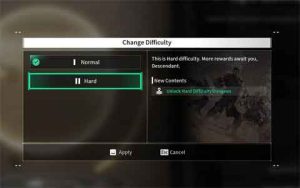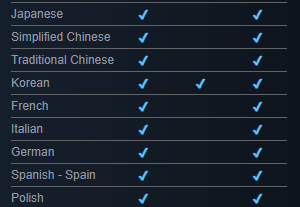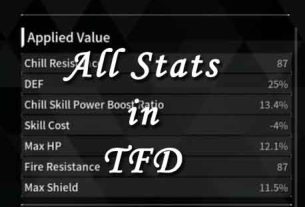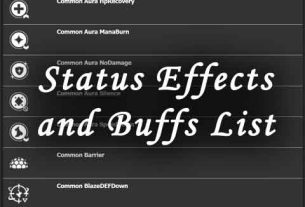Dungeons in The First Descendant are intricate and rewarding challenges that offer players various opportunities to earn valuable rewards and test their abilities. While much of the game’s mechanics are clear, some hidden details can enhance your dungeon experience. Let’s explore the underlying systems that govern infiltration operations and how you can use this knowledge to your advantage.
Starting an Infiltration Operation
When you’re ready to take on a dungeon, you have two main options: starting a public or private operation. A public operation allows you to team up with other players, ensuring you meet the required number of participants. On the other hand, a private operation lets you go solo or with a selected group of friends, providing a more controlled environment.
Team Requirements
Each dungeon has a minimum number of players required to start. Ensuring your team meets this requirement is crucial for initiating the operation. This ensures that you have enough firepower and support to tackle the challenges within the dungeon.
Reward Systems
Rewards are a major part of why players take on dungeons. There are different tiers of rewards based on the difficulty level of the dungeon:
- Normal Difficulty: Provides a standard set of rewards, making it a great option for consistent gains.
- Hard Difficulty: Offers base rewards with the added possibility of selectable rewards. These selectable rewards can significantly boost your loot if you achieve high scores.

Selectable Rewards
In harder dungeons, you can earn up to three selectable rewards. The likelihood of obtaining these rewards increases with your score. Achieving a high score involves completing the operation efficiently and maximizing your points from various activities within the dungeon.
Changing Rewards
If you’re not satisfied with the rewards you initially receive, you have the option to change them. This flexibility allows you to aim for the most desirable rewards by altering your selections based on your performance and the rewards’ acquisition chances.
Customizing Your Dungeon Experience
You can customize your infiltration operation through various options and modifiers. These choices can make your dungeon run more challenging and rewarding:
- Applied Options: These are specific modifiers that enhance the difficulty and rewards of the operation.
- Additional Options: You can select from a range of additional options to tailor your experience. This includes choosing all available options for a comprehensive challenge or clearing them for a more straightforward run.
Scoring System
Understanding the scoring system is key to maximizing your rewards. The score in an infiltration operation is divided into several components:
- Operation Completion Score: Points awarded for completing the dungeon.
- Monster Kill Score: Points earned based on the number of monsters you defeat.
- Additional Options Score: Points gained from the extra options you select.
Each of these components contributes to your final score, affecting your chances of earning selectable rewards. Striving for a high score involves balancing efficient completion with maximizing kills and utilizing additional options effectively.
Team Coordination
In team-based dungeons, only the party leader can start the operation. This ensures that your team is coordinated and ready before diving into the challenges that await. Effective communication and strategy planning with your team can significantly improve your performance and rewards.
Conclusion
Dungeons and infiltration operations in The First Descendant are designed with hidden intricacies that can greatly impact your gameplay experience. By understanding how these systems work and utilizing this knowledge, you can optimize your dungeon runs, achieve higher scores, and earn better rewards. Dive into the dungeons, strategize with your team, and conquer the hidden challenges that await!


